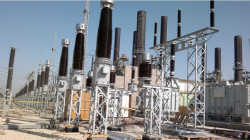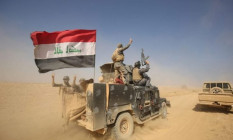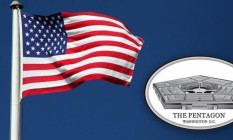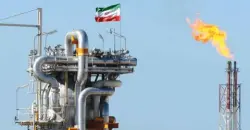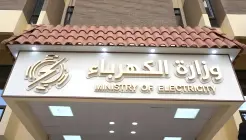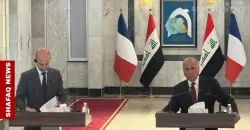Iraq’s high-stakes dilemma hinges on US-Iran talks
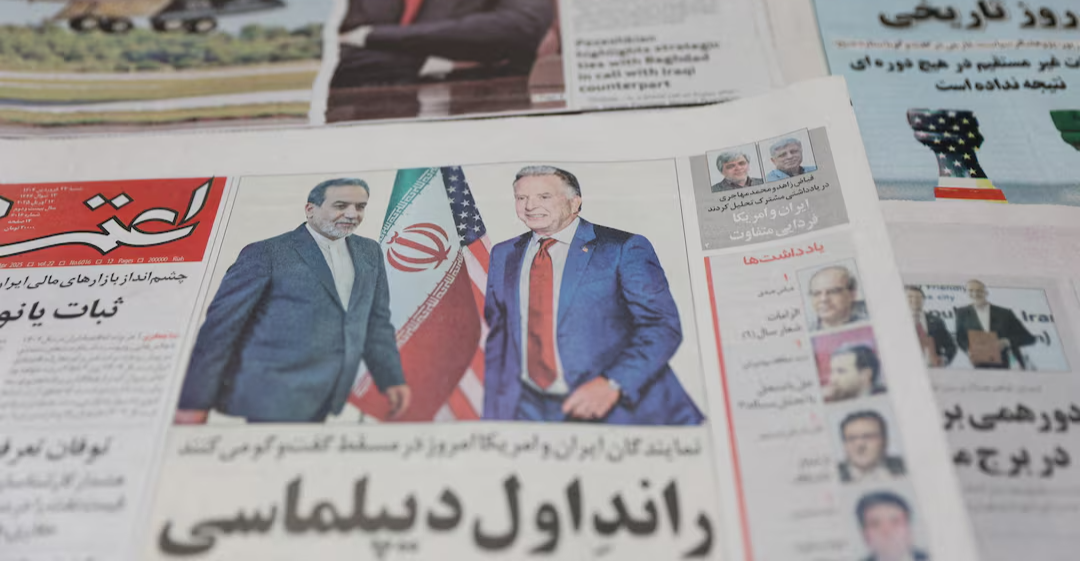
Shafaq News/ Iraqis are anxiously watching indirect talks between the US and Iran, hoping a breakthrough will unlock critical Iranian gas supplies to power the nation’s struggling grid and jumpstart broader economic and trade momentum across the region.
Focus now shifts to the second round of US–Iran talks which is set to unfold after negotiators wrapped up a reportedly positive first round in Muscat, Oman.
The talks sparked optimism from Dakhil Radi, a member of Iraq’s Parliamentary Committee on Electricity and Energy, who told Shafaq News Agency that a deal could boost security, strengthen the economy, and pave the way for lasting regional peace.
Radi stressed that Iraq’s gas and electricity deal with Iran is still active, dismissing sanctions as “media talk.” But if penalties tighten, he said Iraq is ready—moving to diversify energy sources, ramp up solar investments, and tap into Qatar’s floating gas platform.
Iraq’s Interest Rides
Financial expert Mustafa Hantoush echoed the sentiment, saying that easing tensions between Tehran and Washington would give Iraq a lift—boosting trade and securing vital gas imports as the country races to finish its own energy infrastructure.
Hantoush noted that any agreement would be “economically favorable for Iraq,” warning that rising tensions could drag the country into deeper trouble given its geographic and political proximity to Iran.
Iranian Foreign Minister Abbas Araghchi recently spoke with his Iraqi counterpart Fuad Hussein to brief him on the state of negotiations, according to a statement from Iraq’s Foreign Ministry.
Araghchi said the talks were moving forward and covered Iran’s nuclear program, without confirming that the talks included the situation in Iraq.
Araghchi is also expected to visit Moscow ahead of the upcoming round of talks in Muscat.
Baghdad has long depended on Iranian gas to fuel its power plants. Economic expert Abdulrahman Al-Sheikhli stressed that a “positive outcome from the ongoing negotiations could restore that vital supply.” However, he remained cautious, pointing out that the gas cut-off has pushed Iraq to pursue self-financing strategies. This includes agreements with international companies to capture and recycle associated gas from oil fields instead of flaring it. Additionally, Iraq has secured alternative gas import deals, targeting more competitive prices.
Alternative Is a Must
To reduce reliance on Iranian gas, economist Ahmed Abdulrabbeh urged bold measures for energy independence. He called for fast-tracking investment in associated gas, cutting flaring, establishing a national gas company, and diversifying import sources.
Abdulrabbeh also pushed for updating existing agreements and ramping up renewable energy and waste-to-energy initiatives.
“It’s important to attract both domestic and foreign investment through legal and regulatory reforms, as well as enacting a renewable energy law and the creation of a national sustainable energy authority to ensure effective planning, transparency, and contract oversight.”
Energy expert Kovan Sherwani highlighted that Iraq is facing a significant gap of over 25,000 megawatts between electricity supply and demand. He added that the Ministry of Electricity is actively addressing the issue, citing agreements with General Electric to generate 14,000 megawatts and with Siemens for an additional 10,000 megawatts.
Sherwani also pointed to agreements with US companies to add 3,000 megawatts of solar energy capacity, along with a separate deal between Iraq’s Oil Ministry and Total to develop a 1,000-megawatt solar power plant. He emphasized that “solar energy provides a viable, cost-effective alternative that doesn’t rely on fuel, offering a cleaner, more sustainable solution.”
“If projects progress quickly – particularly with the ongoing investment in associated gas, which now accounts for 70% of production – Iraq could phase out its reliance on imported gas within three years.”
Sherwani highlighted that Iraq possesses vast natural gas reserves, totaling 127 trillion cubic feet, according to the Oil Ministry’s deputy for gas affairs, ranking it 12th globally. “It’s ironic that Iraq continues to import gas despite such enormous reserves,” he remarked.
Amid hopes for a de-escalatory US–run agreement and a rising push for alternative energy solutions, Iraq stands at a crossroads. However, uncertainty looms, as a collapse in the Muscat negotiations could reignite regional tensions—an outcome that experts warn could plunge Iraq into crises far deeper than its current electricity and gas shortages.
